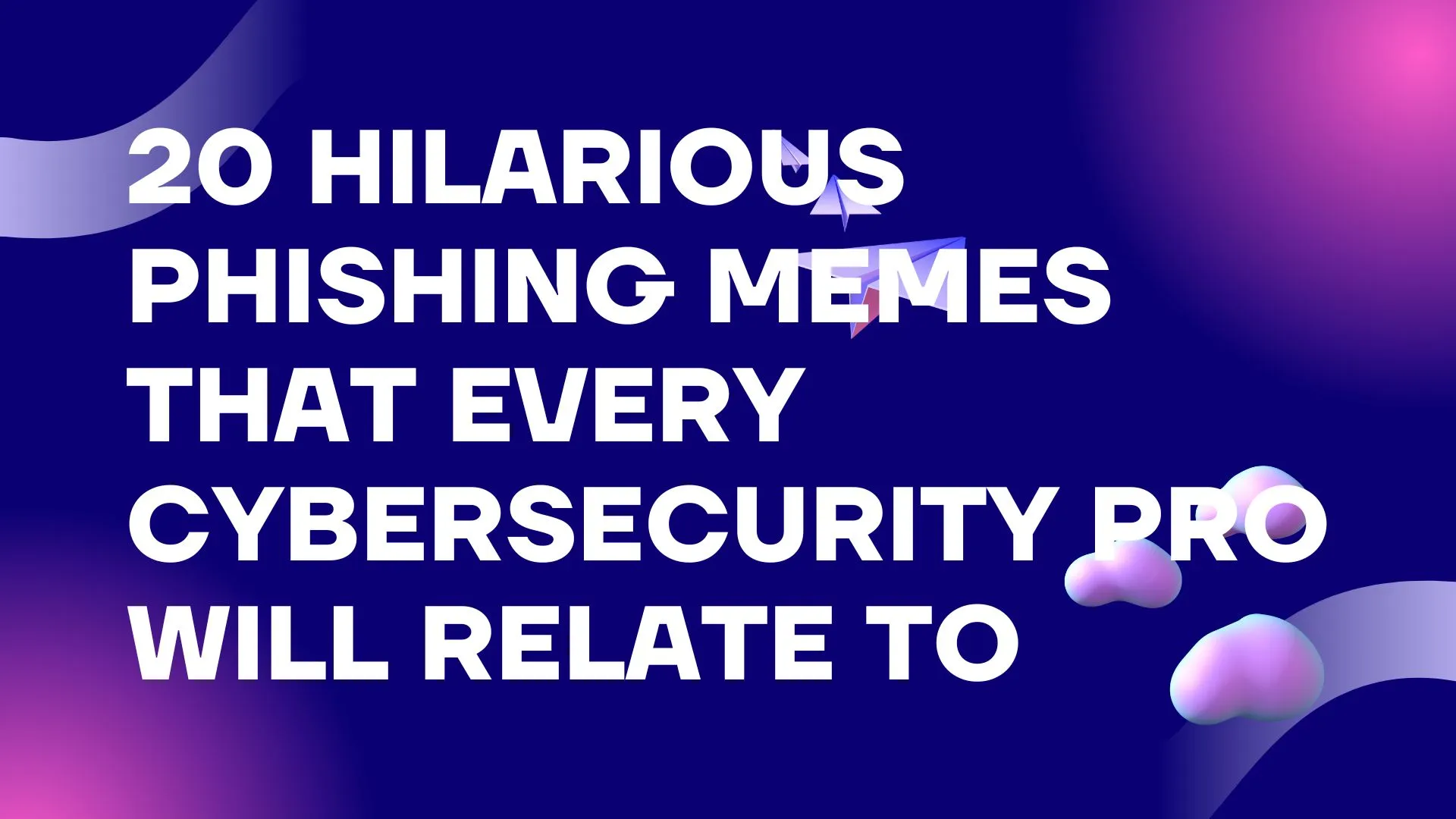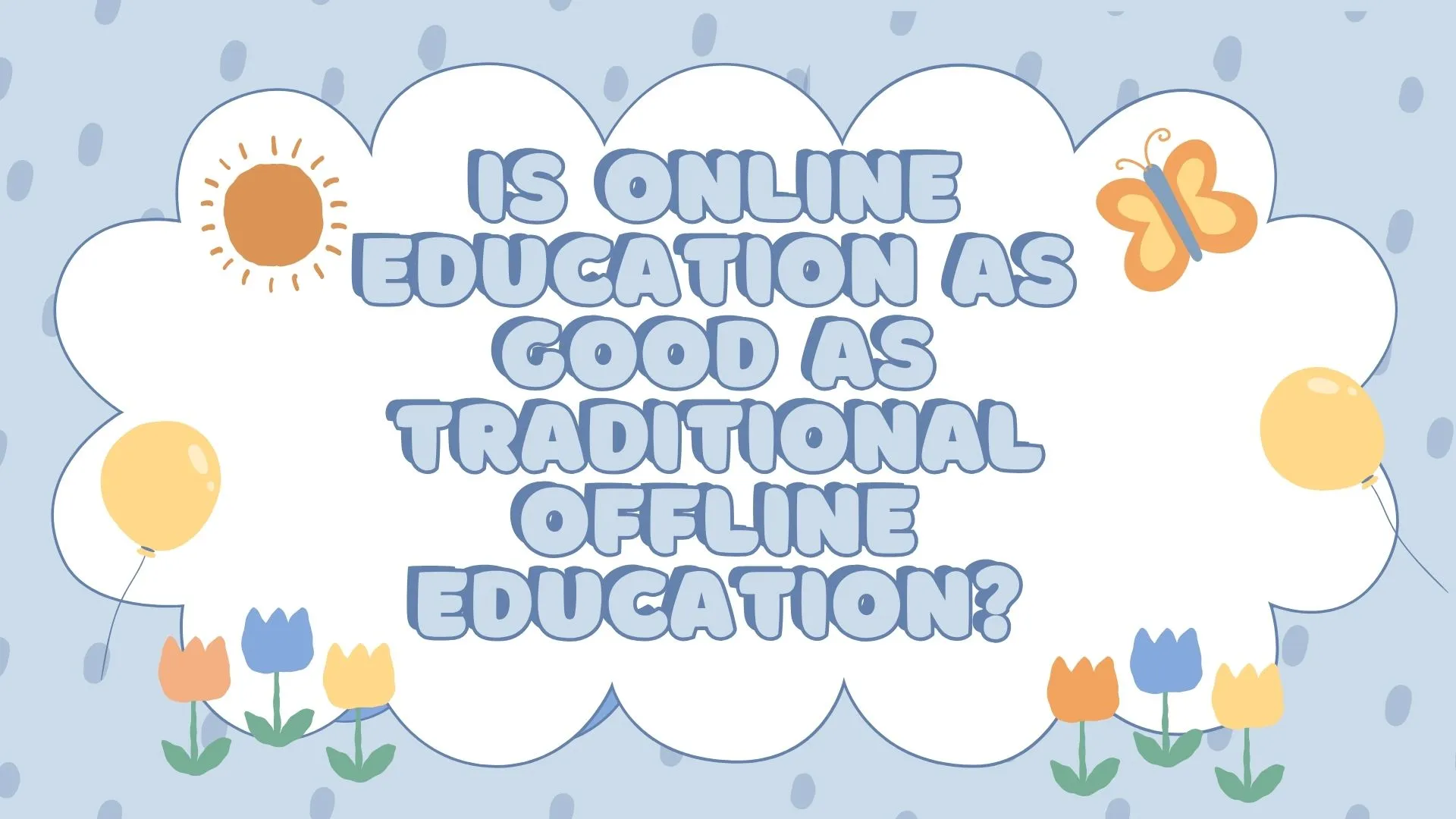Introduction: 20 Hilarious Phishing Memes
Phishing attacks are a serious cybersecurity threat, but that doesn’t mean we can’t laugh at the absurdity of them. From poorly worded emails to ridiculously obvious scams, phishing attempts often seem like they were written by people who have never used the internet before.
If you’ve ever had to explain to someone why a Nigerian prince isn’t giving them free money, or why an email from “Amazon” written in Comic Sans is suspicious, these memes will hit close to home.
1. “Your Bank Account Has Been Suspended!”
📧 Phishing Email: “Dear Costumer, Your Bank Account Has Been Suspended! Click here to fix immediately!!”
🧐 Red Flag #1: Misspelled “customer.”
📌 Red Flag #2: Random capital letters and excessive exclamation marks.
💀 Red Flag #3: A sketchy-looking link that points to “bank-login.free-money.biz”
🔒 Reality Check: No real bank will send you an email with this level of urgency and zero professionalism.
2. The Prince of Nigeria Strikes Again
👑 “Dear friend, I am a Nigerian prince in desperate need of your help. If you send me $5,000, I will return $5 million!”
💰 Victim: “Sounds legit!” (Sends money)
🧐 Cybersecurity Experts: “We are doomed.”
🔎 Reality Check: If someone is a real prince, they don’t need random strangers to send them cash.
3. “Your Package Couldn’t Be Delivered!” – The Fake Shipping Scam
📦 “FedEx: Your package was undeliverable! Click this link to reschedule delivery.”
🚨 Problem: You never ordered anything.
📌 Red Flags:
- The email is from “fedex123@gmail.com“ instead of an official domain.
- The link points to a random website from another country.
- The email threatens account suspension for a delivery issue.
🔒 Pro Tip: Always go directly to the official shipping website instead of clicking links in random emails.
4. The “PayPal Account Suspended” Trick
📧 Email from “PayPal”: “Your account has been locked due to suspicious activity. Log in now to resolve the issue!”
🔍 Reality Check: PayPal doesn’t email you from a Yahoo account.
📌 How to Spot a Fake PayPal Email:
✅ Log in to PayPal directly instead of clicking links.
✅ Hover over the sender’s email—is it legit?
✅ Look for weird typos—scammers are notoriously bad at English.
5. The IT Department “Needs Your Password”
🔐 “Dear Employee, we are updating our security system. Please send us your password so we can verify your account.”
🧐 Reality Check: IT will never, ever ask for your password.
📌 Golden Rule: If anyone asks for your password, it’s a scam.
6. The IRS Phishing Scam
📧 “You owe back taxes. Pay now or face legal action!”
🏛 Reality Check: The IRS doesn’t email people for payments.
🚨 Signs of an IRS Scam Email:
- Fake threats of immediate arrest.
- Requests for gift card payments (seriously?!).
- Sketchy email addresses from foreign domains.
7. The Classic CEO Fraud Email
💼 Fake Email from “The Boss”: “Hey, can you send me the company’s financial reports ASAP?”
👨💻 Employee: “Of course, boss!” (Sends sensitive data)
🕵️ Hacker: “Gotcha.”
🔒 Lesson: Always double-check with your boss in person before sending confidential information.
8. “Congratulations! You Won a Free iPhone!”
📱 Scam Email: “You are the lucky winner of a brand new iPhone! Click here to claim your prize.”
🛑 Reality Check: No one wins a contest they never entered.
📌 Best Defense: If it sounds too good to be true, it is.
9. The Fake Job Offer Scam
📩 Scammer: “We saw your resume online and want to offer you a high-paying remote job!”
💰 Requirement: “Just send your Social Security number for verification!”
🤦♂️ Reality Check: No legitimate job asks for your SSN before an interview.
10. The “Account Verification Required” Trick
🔐 “Your Netflix account is about to be suspended! Click below to verify your information!”
📌 Red Flags:
- Netflix doesn’t send emails from “netflix-free-trial@xyz.ru“.
- The email uses poor grammar.
- The link points to a completely unrelated site.
11. “Your Computer Has a Virus!” – The Fake Tech Support Scam
📺 Pop-up warning: “Your PC is infected! Call this number immediately!”
📞 Scammer: “Hello, I am from Microsoft Support…”
🤔 Reality Check: Microsoft doesn’t randomly call people about viruses.
12. “Is This You?” – The Facebook Hacking Scam
📩 “Someone uploaded a terrible photo of you! Click here to see it!”
📌 What Happens Next: You click the link, get locked out of your Facebook account, and the hacker sends the same message to all your friends.
13. The Fake Charity Scam
📧 “Help earthquake victims! Donate using this link!”
💰 Reality Check: Fake charities appear after every major disaster.
📌 Best Practice: Donate through official websites, not random emails.
14. The “Too Many Login Attempts” Scam
📧 “Someone tried logging into your account. Click here to secure it.”
🔗 Reality Check: The real website won’t send you a link to enter your credentials directly.
15. The Fake Banking Scam
📩 “Your bank account is compromised! Click here to reset your password.”
🏦 Reality Check: Banks never ask for sensitive information via email.
16. The Fake Google Docs Invite
📧 “Your colleague shared a document with you! Click to view.”
📌 Best Defense: If you weren’t expecting a document, don’t click it.
17. The “Final Warning” Scam
📧 “If you don’t verify your account now, it will be deleted in 24 hours!”
🚨 Reality Check: Websites don’t delete accounts randomly.
18. The “Security Breach” Scam
📧 “Your email was part of a data breach! Click here to secure your account.”
📌 Best Practice: Check “Have I Been Pwned?” instead of clicking shady links.
19. The “Too Good to Be True” Scam
📩 “Get rich quick with this one simple trick!”
📌 Reality Check: If there were an easy way to get rich, scammers wouldn’t need your money.
20. The Fake Subscription Expiration
📧 “Your antivirus subscription is expiring. Renew now!”
📌 Best Practice: Always go directly to the official website to verify.
Final Thoughts: Stay Vigilant!
Phishing scams are everywhere, but a little common sense and skepticism go a long way. If an email feels wrong, it probably is.
🔒 Rule of Thumb: If you weren’t expecting it, don’t click it. Stay safe!
phishing memes, cybersecurity jokes, IT security memes, funny hacker memes, social engineering humor, phishing fails




